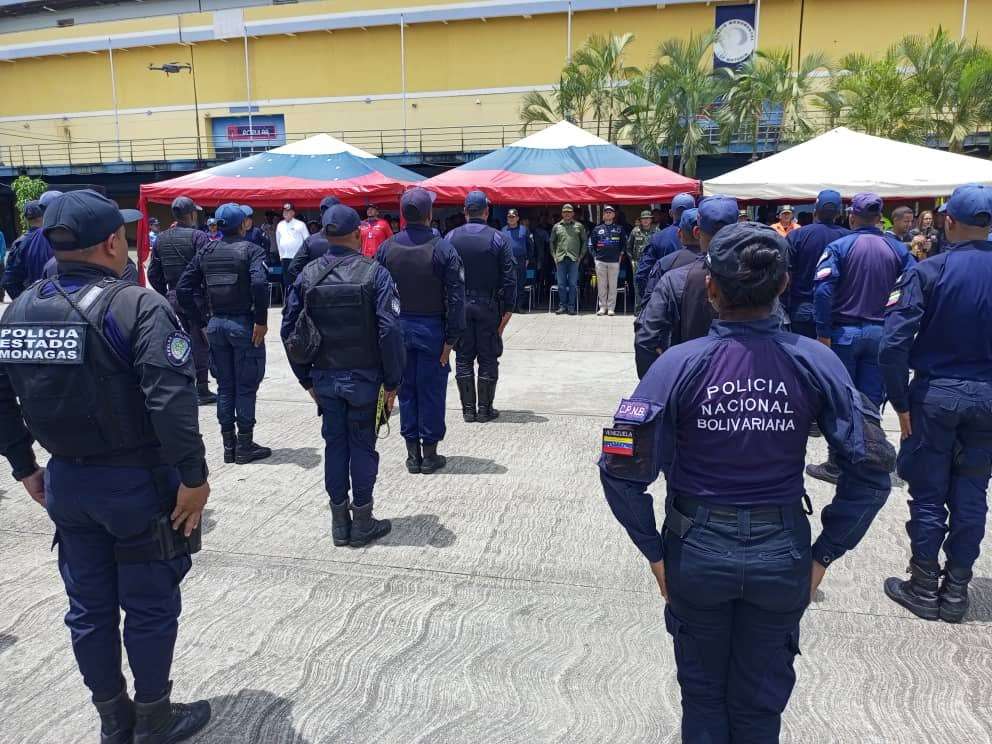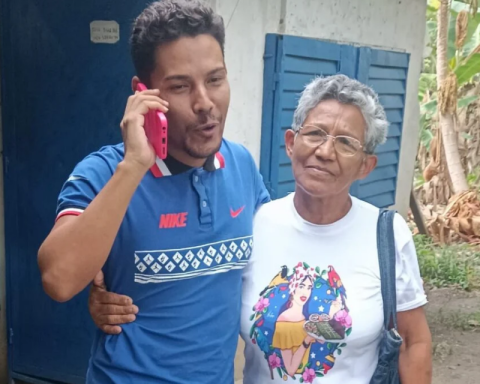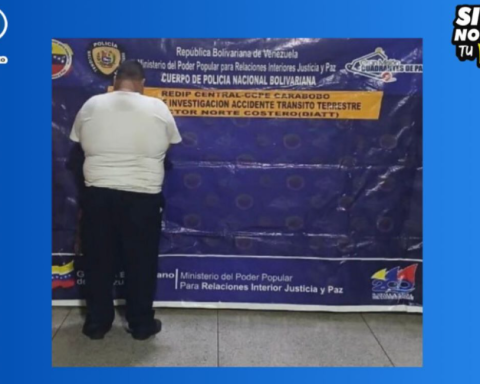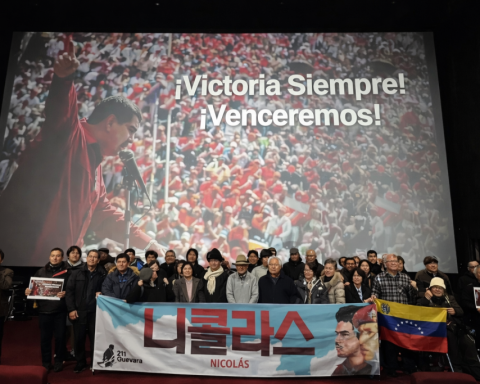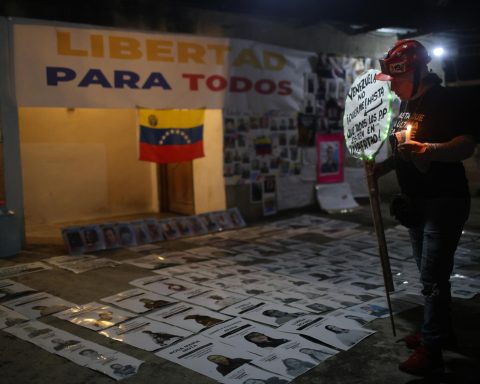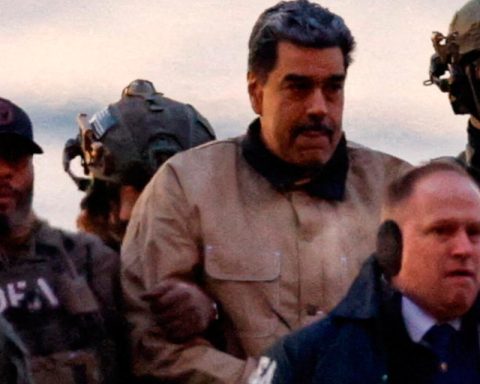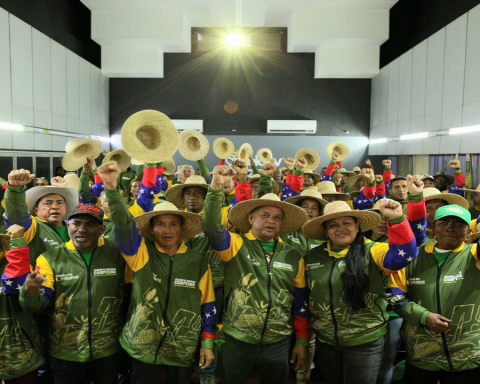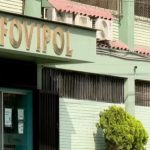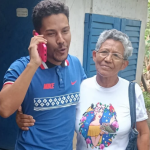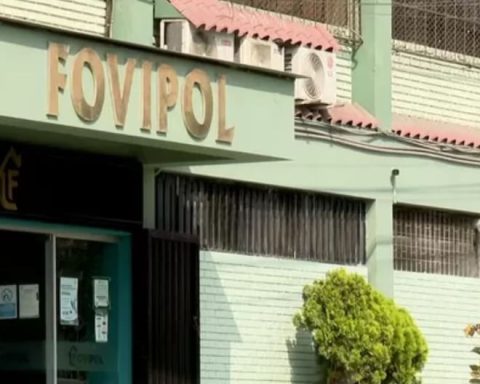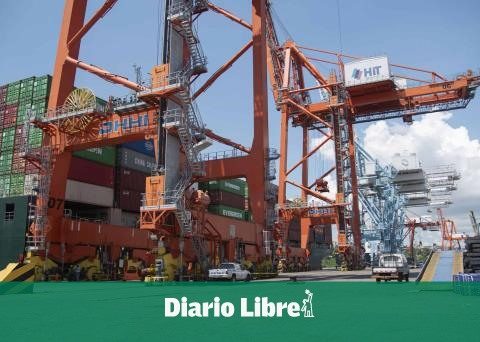During his annual message to La Nación in January 2025, President Nicolás Maduro said that one of the most important achievements of his government has been the decrease in crime.
In front of the Venezuelan Parliament, he indicated that the homicide rate in Venezuela decreased 92% between 2016 and 2024, from 56 cases per 100,000 inhabitants to 4.1 per 100,000 inhabitants in the period, figures that are a sample of the effectiveness of citizen security plans driven by the Venezuelan State and that include the support of other sectors of the country such as popular power.
The Minister of Internal Relations, Diosdado Cabello, said during the program with the deck on January 25 that the National Government reduced homicides significantly for what Venezuela today is one of the safest countries in the region.
Cabello said that this has been possible thanks to the joint work of the State Security Bodies, under the guidelines of the national president and the permanent deployment throughout the territory, in a perfect civic-milital-political union, to neutralize any focus of disturbance in Venezuela.
Since the beginning of 2024, the then Interior Minister, Remigio Ceballos Ichaso, announced the decrease in the general criminal index compared to 2023, 23.3% less crime was reported for that date. Ceballos highlighted the figure of 400 crimes less per week compared to the previous year.
Plans chronology
In the last 15 years different security plans have been applied to face the problem of crime, until today when the issue has ceased to be the main concern of the Venezuelan due to the palpable decline of the crime:
Caracas Segura Plan: created in 2008, contemplated the application of two security plans, Segura Route Plan and the Safe Night Plan with a joint deployment of various security forces such as the Cicpc, the Bolivarian National Guard and the Caracas Police that made permanent tours in popular areas.
Bicentennial security device. Applied in 2009 to reduce criminal activities in the 10 states with higher insecurity indices.
National Experimental Security University (UNES). Created in February 2009 to contribute to the development of knowledge and stimulate human creation as basic elements in the progress of national security.
Great mission to all life Venezuela
Created in 2012, it was the last mission designed by President Hugo Chávez, focused on promoting a comprehensive public state policy to attack the factors generating violence and criminality in the country, from the situational, institutional and structural point of view of the problem.
Safe homeland plan. Created in 2013 with the participation of 120,000 officials of the police forces deployed in the 20 most violent parishes in the country. It also had the Armed Forces, who performed night patrols in order to reduce crime during that period.

National Disarmament Plan
This project contemplated in 2014 that criminals could deliver their weapons in exchange for a scholarship that would allow them to continue their studies at the university level. 60 centers were installed throughout the country where antisocials could go to deliver the weapons.
People’s release operation
Applied between 2015 and 2017, it included police deployments that aimed to end crime in the neighborhoods. One of the first operations of this type occurred in Cota 905 and involved officials of the Bolivarian National Police, the Bolivarian National Intelligence Service (Sebin) and the CICPC. The objective was the capture of Carlos Luis Revete, known as “El Coqui”. Head of the criminal band that controlled this sector of the Libertador municipality.
According to figures from the Public Ministry at the time of the last PLO, the number of deaths in these procedures totaled more than 500 people.
Peace quadrants
Created in February 2020 with the aim of strengthening the capacities of state security agencies and in situations of vulnerability to strengthen with special plans the consolidation of the peace of the nation.
Consolidated in February 2025, it has become an applied plan in delimited geographical areas between 2 and 5 square kilometers, where public security policies are implemented, coordinated by the State and popular power.
JUSTICE SYSTEM ARTICULATION
Another applied work system has been the articulation at different levels of justice, especially in the prison system, which is why a new penitentiary regime, free of corruption and abuse of power was created.
Support from Christian churches.
The National Executive promoted an agreement between the Ministry of Penitentiary Service and the evangelical Christian churches, with the aim that sons and daughters in Christ are part of the new phase of transformation of the penitentiary system.
Perception or reality? The perception of insecurity is a crucial factor that influences the quality of life of the inhabitants of a country, Jossué Belandria Balestrini, a criminologist at the University of Los Andes (ULA) and a specialized consultant in criminal profile, says that in Venezuela social perception coincides with the published figures.
“If we go to social perception, people also say there are
less crime in the country, but there is also to do that perhaps the
crimes are less violent and that’s why they are less perceived. ”
In his opinion, if we take into account classic crimes: homicide, robbery or theft it is evident that they have lowered, so much so that people are already
They dare to do more things in public, for example, use the phone in the streets. He explains that among the factors involved so that there is a decrease in crimes is education.
“The more education we have less insecurity could there be, so it is necessary to improve the educational system, also to improve salaries and stop migration,” he adds.
He referred to peace quadrants as the program that has achieved the greatest success in recent months.
“This seeks to sectorize to have a faster attention and I think that despite the limitations it has had some success, taking into consideration that localities commonly know to which quadrant they belong and know who to resort in the first instance, so that is already a gain because there is a feeling that it is known who to go when an event occurs,” he said.
The specialist says it is necessary to maintain the security plans applied so far. “We must sustain the quadrants of peace and the part of the victim’s attention. However, everyone has to be enhanced, with greater training to the police. They must also seek inter -institutional alliances with universities already consolidated in all aspects,” he said.
Migrants and crime
Recently with the arrival of more than 2,000 Venezuelans to the country repatriated from the United States, a media campaign has emerged from the extremism of the Venezuelan opposition ensuring that with these compatriots criminality will return to the country.
In this sense, the Interior Minister, Diosdado Cabello, denounced that sectors of the extreme right with his media appliances try to impose a narrative to attack Venezuela with the figure of the Aragua train.
“The narrative of Aragua’s train fell, they don’t see that they no longer speak of Aragua’s train, because we have shown that it is a great lie, a manipulation.” Cabello explained that 90% of kidnapped migrants in El Salvador have no criminal record. He explained that from Venezuela their relatives have requested the criminal record letter and there are practically no registration of crimes committed.
He also stressed that no member of the extinct train of Aragua has been identified among the hundreds of Connational.
